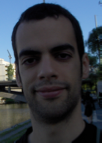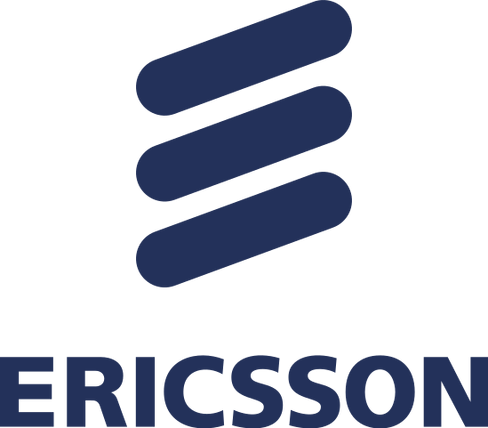Jordi Chacón
Serendipitous Erlang user
Klarna

Jordi Chacón finished his master in Computer Engineering in June 2009 at the Universitat Politecnica of Catalunya. A month later he moved to Stockholm, where he for the first time read the (at the time) weird words Erlang, Mnesia and Yaws in a Klarna AB job ad. He was so desperately looking for a job that he decided to join them anyway. That is how he was forced into the Erlang world, not knowing that he would end up loving it and developing all his projects in what he now calls "a great language".
Jordi Chacón is Giving the Following Talks
Tools@Klarna
Klarna (currently) operates in six countries. We need to handle translations of PDF's, GUI, Emails, etc. The basis of our i18n system is built around the gettext Erlang application. To help us coordinate the translation work with the development process, we have developed a web-based tool named POlish. With POlish, translators can do their work from anywhere while still cooperating with a particular developer. POlish is released as Open Source and will be described in this talk.
As part of its transformation to agile, Klarna is enhancing its testing toolbox to better support Acceptance-Test-Driven Development (ATDD) and Continuous Validation. Originally working only with Yatsy and Eunit, we are now also utilising Common Test Framework, Fitnesse, Selenium and QuickCheck. The Klarna code base has grown organically for some years now, and so has the code dependencies. In order to create order out of chaos, we resorted to building a tool for dependency analysis and automatic code move. While this is not rocket science, we will share some experiences (and possibly also the actual tool).
As part of its transformation to agile, Klarna is enhancing its testing toolbox to better support Acceptance-Test-Driven Development (ATDD) and Continuous Validation. Originally working only with Yatsy and Eunit, we are now also utilising Common Test Framework, Fitnesse, Selenium and QuickCheck. The Klarna code base has grown organically for some years now, and so has the code dependencies. In order to create order out of chaos, we resorted to building a tool for dependency analysis and automatic code move. While this is not rocket science, we will share some experiences (and possibly also the actual tool).


